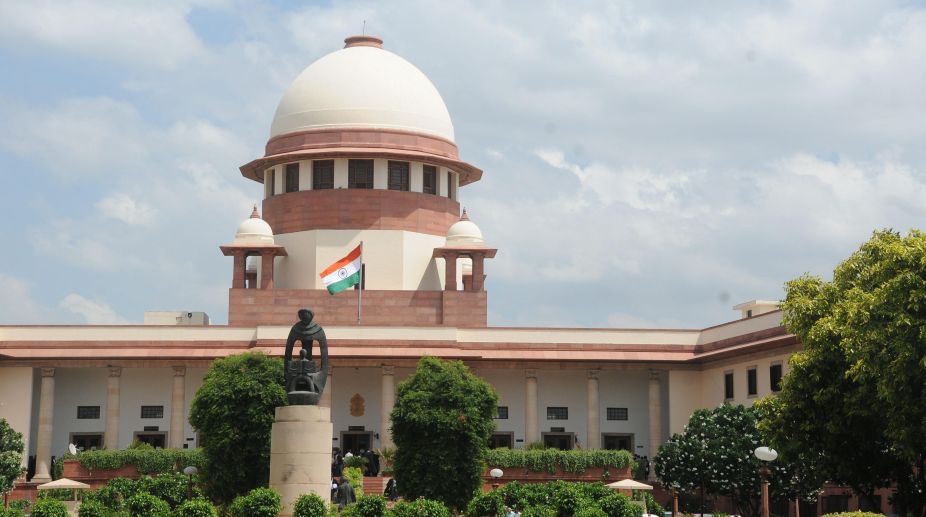The relationship between state and citizen has been established afresh. In declaring privacy a fundamental right, a Constitution Bench of the Supreme Court has set a new gold standard against which myriad aspects of that relationship will require re-evaluation.
In overturning two previous verdicts the nine-judge Bench headed by the Chief Justice has stressed that while the principles enshrined in the Constitution are set in stone, their application must remain dynamic, responsive to an evolving society.
Advertisement
The apex court simultaneously articulated the libertarian ethos that guided the Founding Fathers when framing the cherished scripture. Universally has the state-citizen relationship been testy, the concept of “Big Brother” did not arise in a vacuum: what their Lordships have spelled would thwart any notions of legally-supported authoritarianism that might be entertained domestically. If, as experts contend, the Supreme Court has gone further than the House of Lords and its US counterpart there is even more reason to applaud an order that facilitates fresh breezes in an atmosphere threatening to suffocate.
Since the order was the fruit of upholding principles, it would be churlish to reduce it ~ as pettyminded ‘netas’ are doing ~ to a BJP versus Congress/others affair. Yet it would be naïve not to recognise their Lordships’ sensitivity to shifts in the political wind.
Certainly the rejection of arguments advanced by two of the government’s top law officers is a rap on the knuckles. That the law minister and others were struggling to draw attention to earlier comments from ministers etc. that supported the court’s view only confirms their discomfort.
Particularly when it was pointed out that their “appreciation” of privacy was not reflected in the stance taken before the Constitution Bench: the final proof of their unease being their harking back to the Emergency. Surely the BJP has “grown” beyond that.
It is significant that there was no immediate tweet from the Prime Minister ~ as there was when triple talaq was abolished. The finer points of the several separate judgments will require deep study, they have implications still difficult to tally.
However, the court itself has indicated a review of positions on sexual orientation, data protection etc. Though a separate Bench will adjudicate on thorny aspects of the “Aadhaar” project (which triggered the reference to the nine-judge Bench) it is likely that government will have to dilute its obsession with the biometric identity card, which could actually have as many infirmities as PAN, ration-cards etc.
The claim that making Aadhaar mandatory prevented a fortune being siphoned away is akin to Indira’s acolytes saying railway punctuality justified suspending basic rights. The ruling entity denies any “Big Brother” attitude and recalls the Prime Minister promising “maximum governance with minimum government”.
Let us for now accept this at face value. The nub of the matter though must be that the political establishment – the Congress which brought Aadhaar into our lives included – can either accept and even expand the libertarian outlook of the Court on privacy or subject itself and the citizen to a succession of battles on where the state’s writ ends.
The battle for privacy is far from over and if precedent is to guide us, courts should brace themselves for a slew of writs under Articles 32 and 226 of the Constitution.









